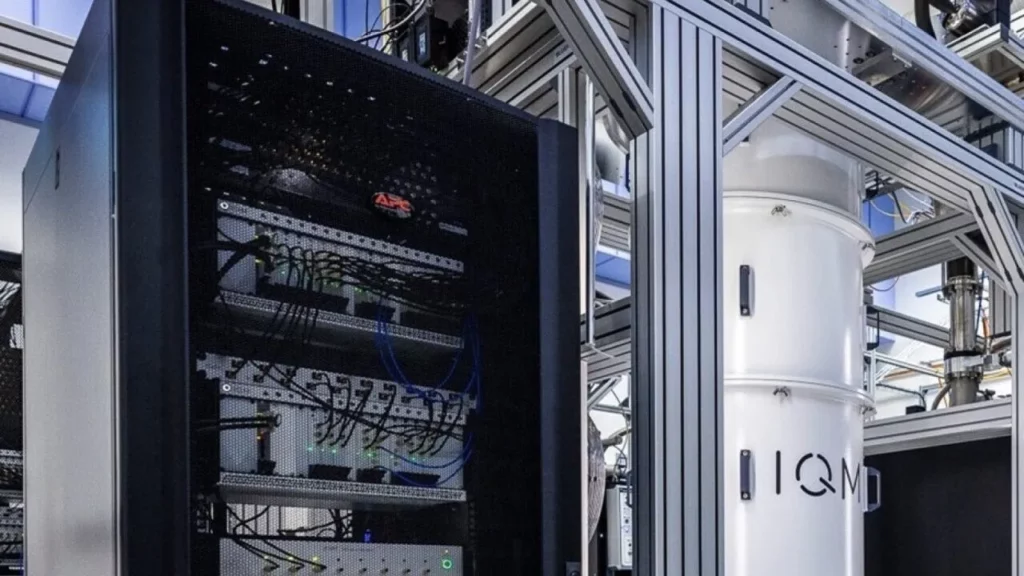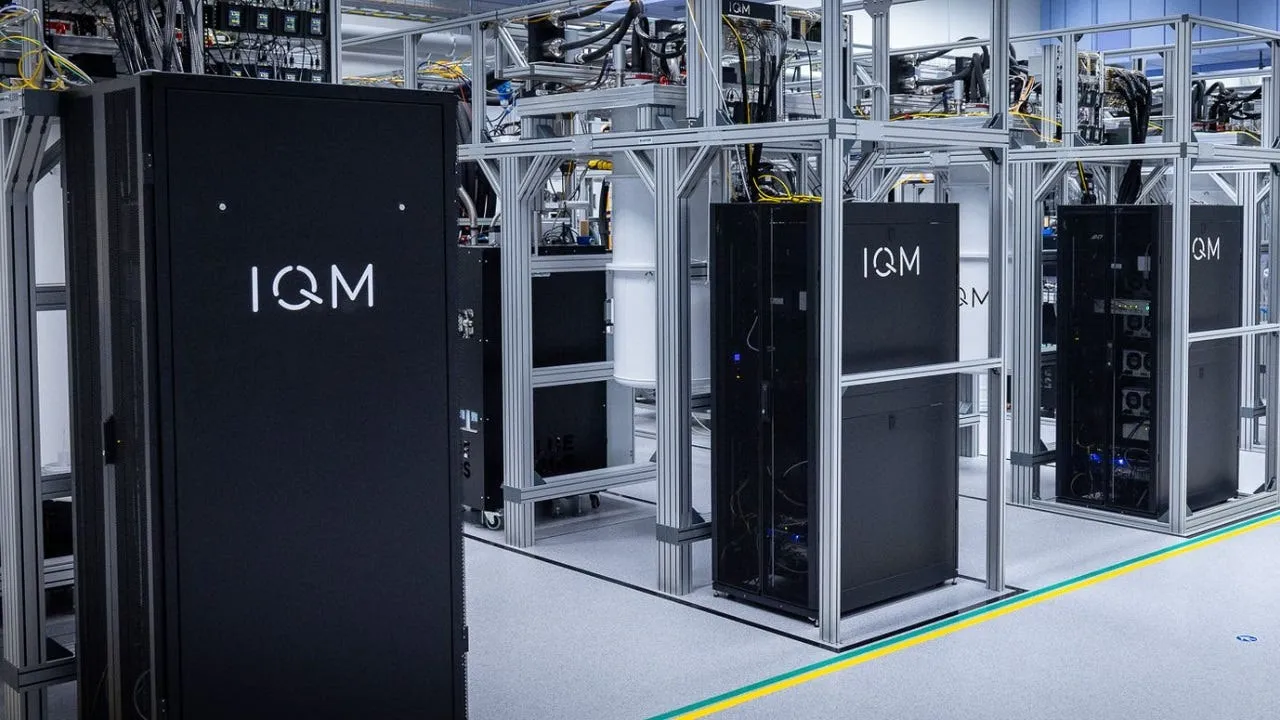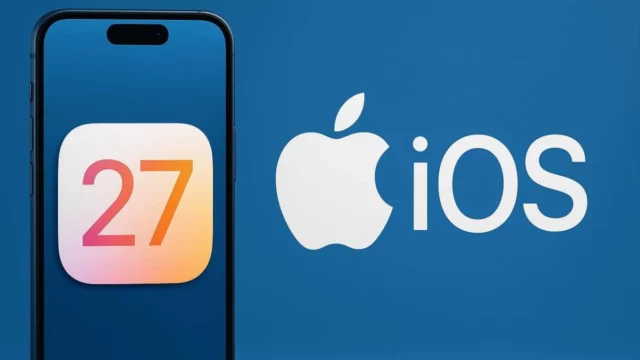Finnish startup IQM just joined the unicorn club. The quantum computing firm secured over $300 million in Series B funding and now plans to shift gears from European dominance to stronger U.S. traction. With a total raise of $600 million to date, the company says it’s already sold more quantum systems globally than any of its peers, but now, it wants to prove those machines can solve real-world problems.
Quantum needs more than qubit counts

Unlike cloud-first approaches from giants like IBM or Google, IQM focuses on on-premise quantum systems and hardware-software integration. Their goal is to make quantum systems that don’t just look futuristic, but actually work for real applications in science, energy, and cybersecurity.
But Goetz, the company’s co-CEO, knows quantum success isn’t just about hitting higher qubit counts. “It’s always a trade-off between the number of qubits and quality and reliability,” he said. That’s why the team is doubling down on error correction, the messy but essential process of fixing quantum errors on the fly.
A developer push could set IQM apart
To carve space in the U.S. market, IQM is working on a quantum SDK designed to draw in developers early. The platform will rely on Qrisp, an open-source tool created by Berlin’s FOKUS institute. This move directly counters IBM’s proprietary approach and aims to bring software engineers into the quantum fold even if they don’t hold a physics PhD.
Here’s what IQM is planning with its new funding:
- Expand commercial operations in the U.S.
- Invest in chip fabrication and error correction
- Develop a full-stack quantum developer platform
- Scale the team beyond 300 employees
- Explore the U.S. assembly for local deployments
IQM’s global footprint is growing
IQM says it has sold the most quantum computers worldwide, though in raw numbers, it’s still early. By the end of 2024, it had delivered 30 systems. Its 54-qubit chips are active in labs and research centers, including Oak Ridge in the U.S. The company is now aiming to roll out its first 150-qubit system.
And while becoming a unicorn is headline-worthy, Goetz insists their real metric is practical impact. That might be the mindset this sector needs.














